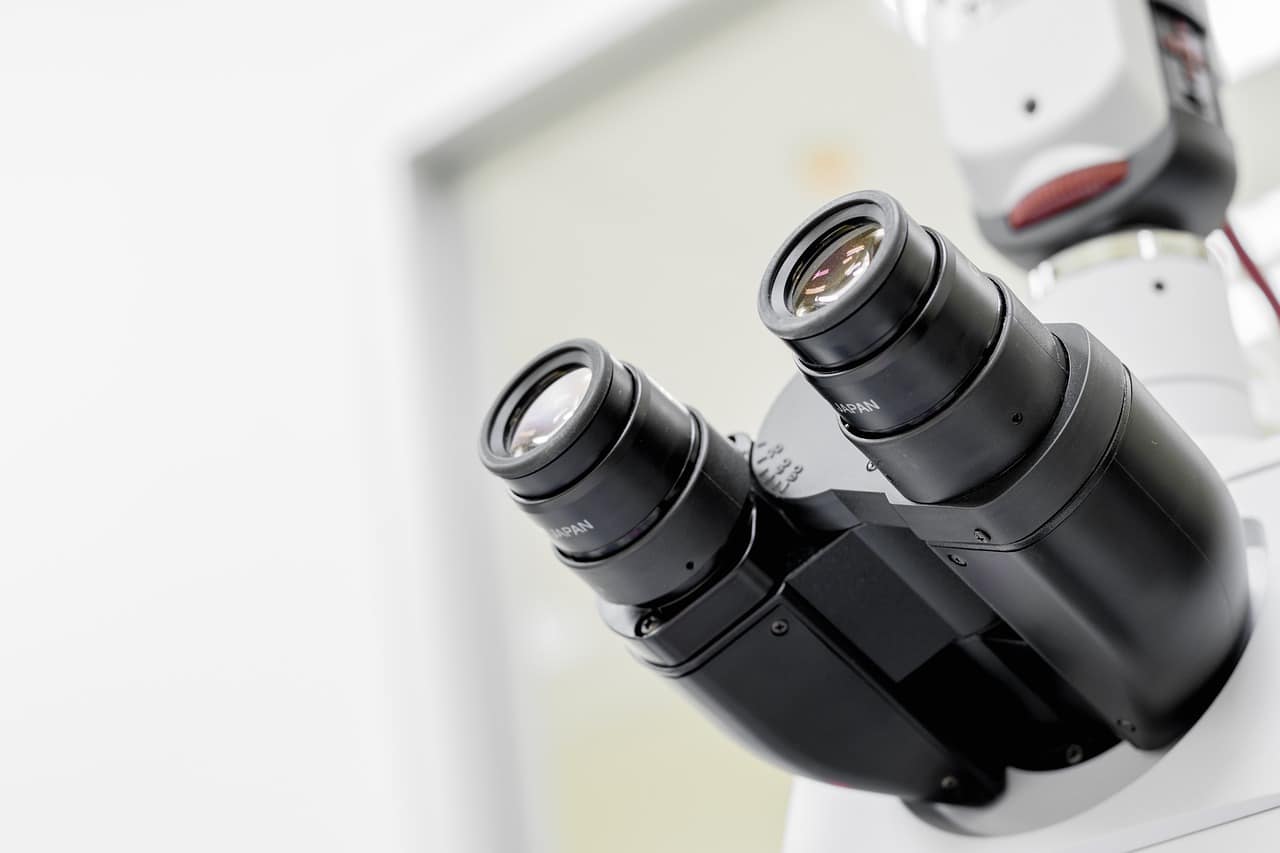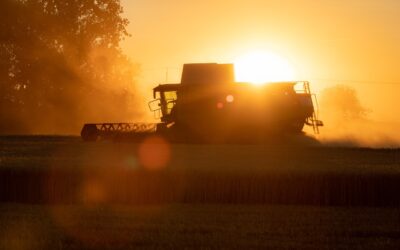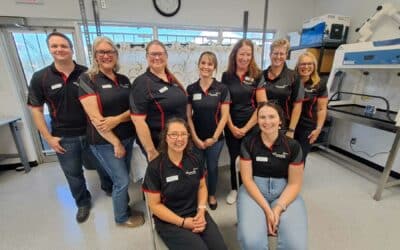Seed analysis is a fundamental service for both agronomists and seed growers, yet it seems like it creeps up on us every year — the time to start thinking about disease and what it can do to harm your bottom line.
There are five diseases apparent through our annual monitoring program and it’s time to start watching for them.
- Fusarium: Fusarium graminearumis a highly aggressive fungus which causes fusarium head blight (FHB) and produces a mycotoxin that damages grain. Millions of dollars are lost annually in Canada and other parts of the world because of graminearum.
- Sclerotinia: Occurs in all canola growing regions and is the most economically significant disease of canola in Western Canada. Depending on weather conditions, yield losses can be extremely high. A rule of thumb is yield loss is about half of the percentage of infected plants in the field. A field with 20 per cent infected plants, therefore, will result in a 10 per cent yield loss.
- Aphanomyces: Root rot of peas on the Prairies has been a growing concern over the last several years. While root rot can be caused by a number of organisms including fusarium, rhizoctonia and pythium, aphanomyces has garnered the most attention as the new kid on the block. It’s becoming a significant problem in the Prairie provinces with reports of up to 30 to 50 per cent yield loss in individual fields.
- Ascochyta: A fungus called Ascochyta rabiei causes blight in chickpeas. It’s the most economically significant disease of chickpeas. The disease can spread rapidly, wiping out a field in as little as a single day if conditions are right.
- Clubroot: A serious soil-borne disease of canola and other cruciferous crops which will result in reduced yield and can ultimately cause wilting or premature death of the plant.
By law, seed must be tested prior to being sold. There are three tests you have to do before seed is sold: purity, germinaton and smut. But over time, as landscapes and the climate changes, seed testing has evolved to offer a slate of services to help you safeguard your operation and bolster your bottom line.
Seed analysts are an ally for agronomists and your seed grower customers which you can use to make important decisions.
Stay tuned for future columns on exactly why and how seed testing is one of the best weapons you have to help you protect the health of the seed.






